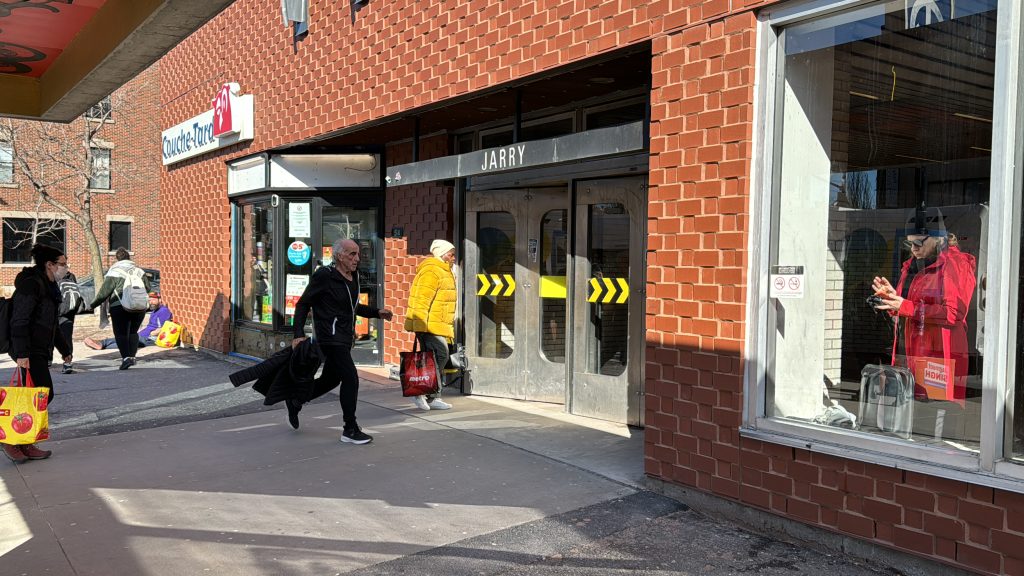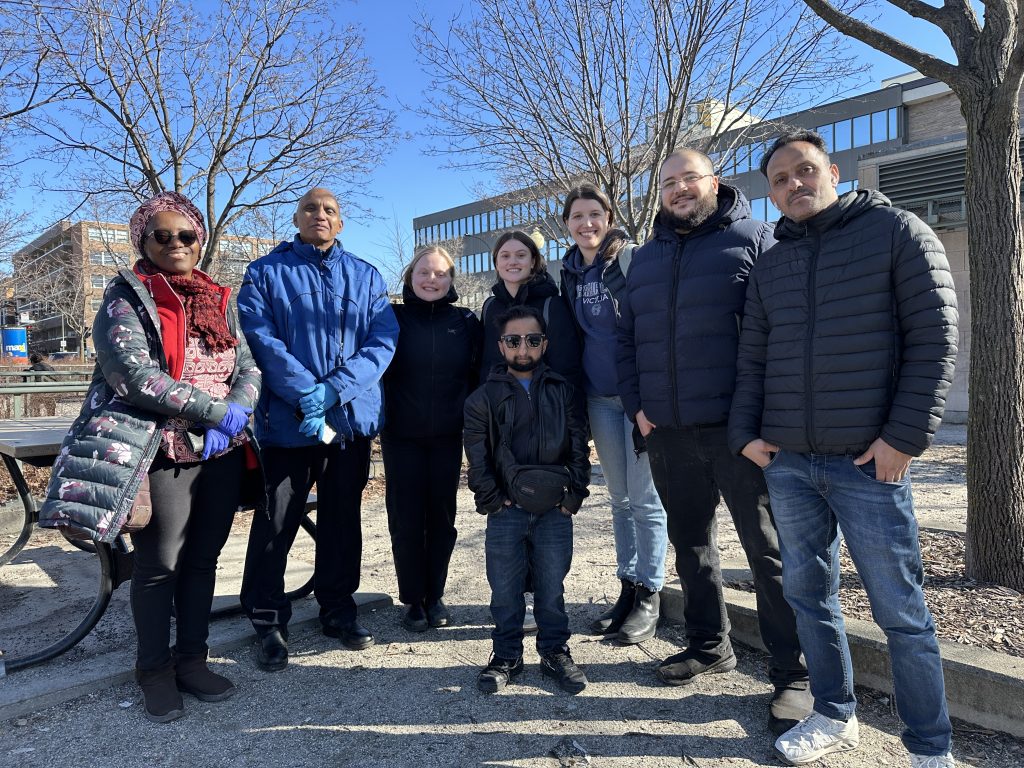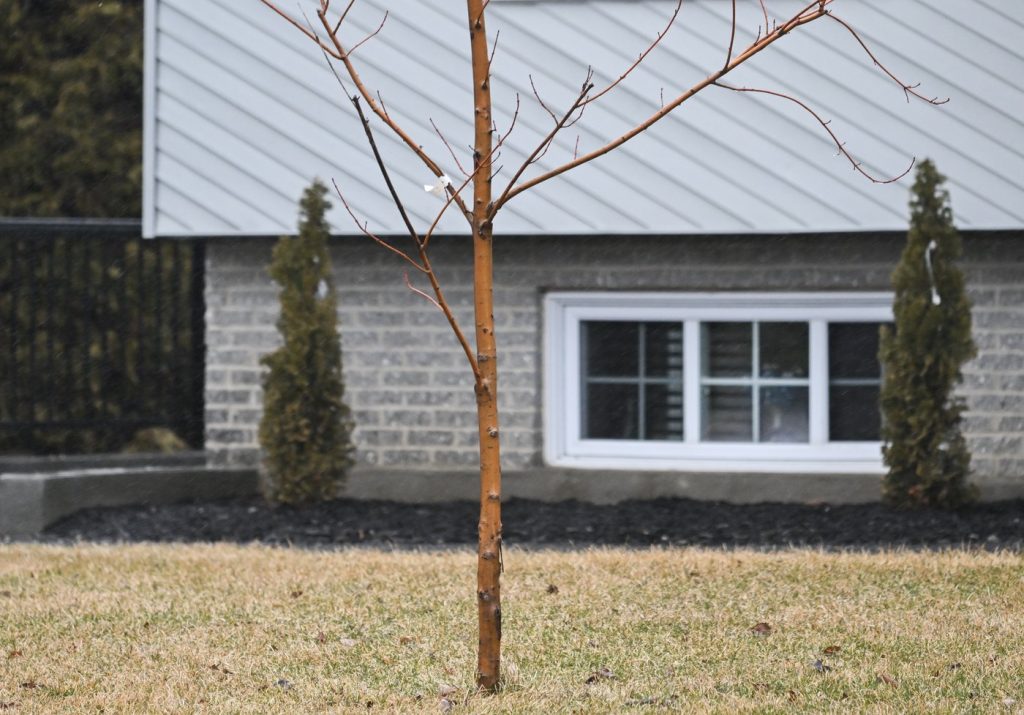Montreal-based non-profit facilitates abortion pill access in 200 countries

Posted December 1, 2024 11:52 am.
Last Updated December 1, 2024 5:10 pm.
Founded two decades ago, the Montreal-based non-profit Women on Web has helped over 100,000 people in 200 countries access the abortion pill where it’s banned or severely restricted.
The organization doesn’t operate in Canada, as abortion is a legal medical procedure in the country. However, they’ve seen four times as many requests from the U.S. following the presidential election and Donald Trump’s win.
“Before the election we had about 35 requests per day and then suddenly we had 150. And interestingly most of the people who were reaching out to us were not pregnant. They were actually seeking abortion pills in advance. The service is called Abortion pills for future use. So, most people were just reaching out to us because they were scared. Like they were anticipating that the Presidency is going to lead to further restrictions and they wanted to make sure that the abortion pills are available if these restrictions kick in and they won’t be able to access them anymore,” said Venny Ala-Siurua, Executive Director of Women on Web.
“I think it’s been very difficult, of course, in the last few weeks. There’s a lot of sadness. There’s a lot of anger. But I’m very proud. I feel very privileged that me and my team, we are in a position to help set an example and just be part of this movement, these different providers, abortion fronts, research and advocates. Just be part of this movement that has decided that we’re going to continue safeguarding access no matter what. Politicians, law, nobody’s going to stop us from helping each other. Because ultimately, what abortion is, it’s community care. It’s about us looking after each other and making sure we have access to basic health care,” said Ala-Siurua.
Through an online consultation, individuals connect with the service, and their team assesses if the abortion pill is the right option for them. A prescription is filled at a pharmacy, and the medication is delivered to the person’s home.
“Our mission has always been that we want to guarantee and ensure access in places where there’s no access at all or there’s high restrictions,” said Ala-Siurua.
Abortion is one of the most commonly performed medical procedures in the country, according to Canadian government. Roughly 1 in 3 women in Canada will have an abortion during their lifetime, whether it is medical or surgical.
“Abortion pills are actually extremely safe. So to have a medical abortion it’s very safe, it’s very effective, it’s a widely researched method and it’s actually recommended by a wealth health organization. So around 98% of all medical abortions are successful and the rate of complication is very low. So it’s around 1%,” said Ala-Siurua.
A petition for free contraception in the province, launched by Quebec Solidaire, gathered nearly 100,000 signatures recently and, highlighted that 40 percent of pregnancies in Canada are unplanned, contributing to overcrowded services.
“People need to have options. Contraception can fail. There’s a lot of women who haven’t found the right contraception for them either. So I think both solutions need to exist side by side and be freely available, easily accessible. And that’s how we are, you know, upholding our bodily autonomy and helping people to take control of their sexual reproductive lives,” said said Ala-Siurua.








